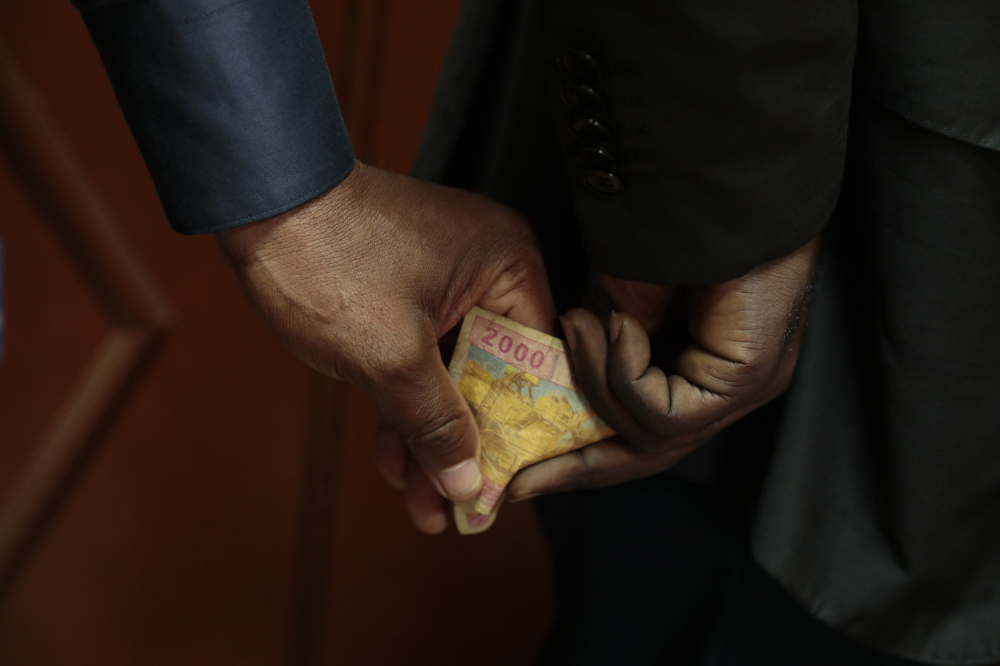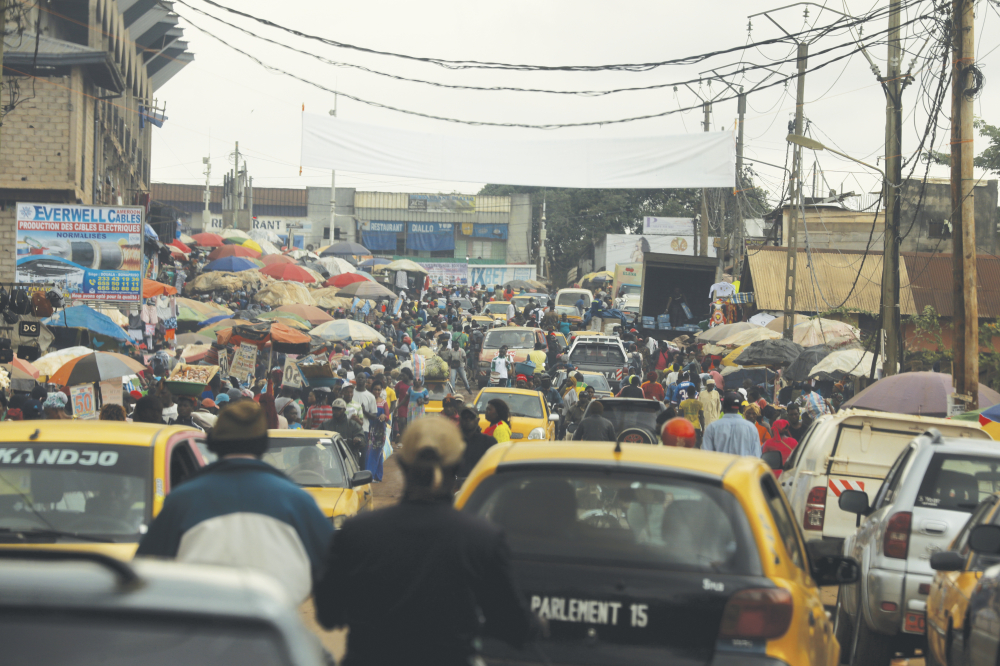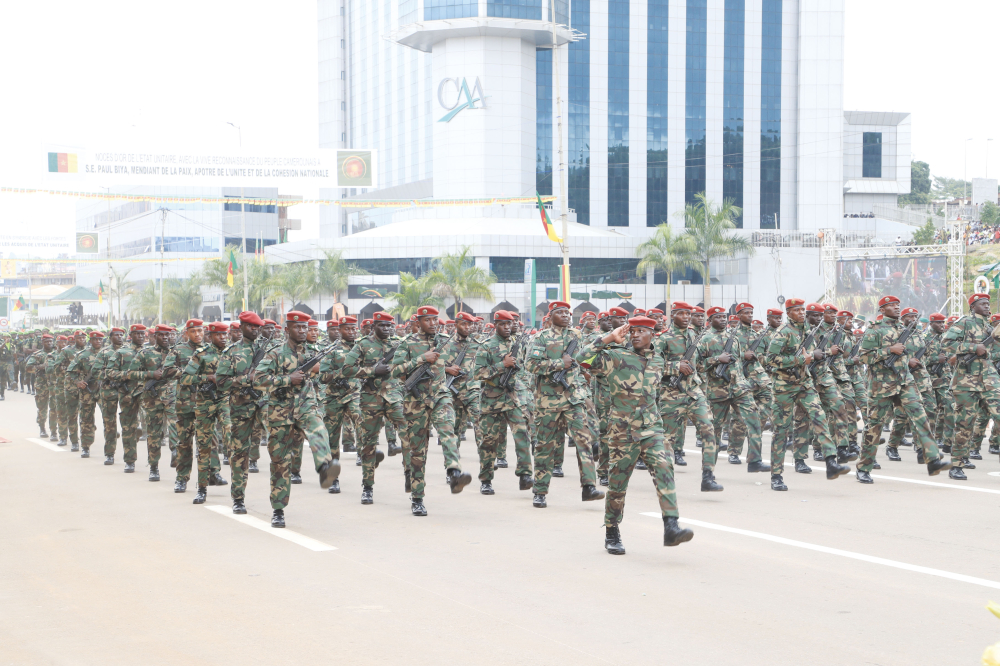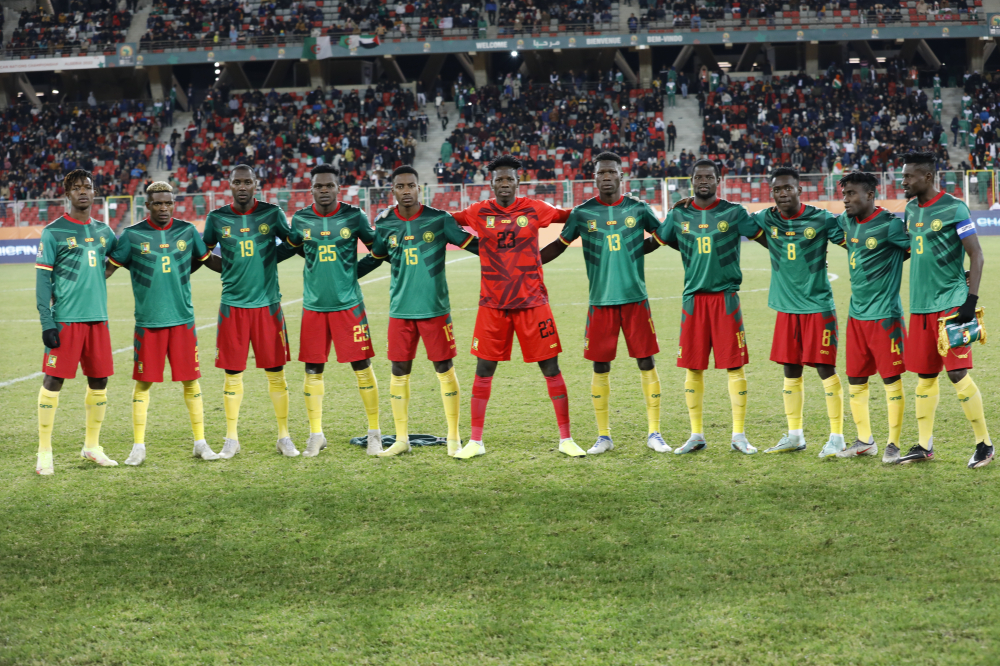
There is no society in the world in which corruption doesn’t exist. However, it becomes a problem when a society reeks with the ill, to the extent that the smooth functioning of its public administration as well as socio-economic development is affected.
That is where Cameroon finds itself. Recall that in 1998 and 1999, it was ranked the most corrupt country in the world by global anti-corruption watchdog Transparency International.
In its latest report (2022 report) on the state of corruption in the world released a few days ago, Transparent International also notes high levels of corruption in different sectors of the country. In the report, Cameroon is ranked the 26th most corrupt country in the world. That is still bad news for the country.
So, for a nation that is still struggling to build its economy in order to create an environment of shared economic prosperity for all citizens, there is absolutely no reason why the crusade against the vice shouldn’t be frontal.
And President Paul Biya has been very clear on this, making mention of the situation again in his end-of-year address to the nation on December 31, 2022. That is why executive efforts have, over the years, been made at various levels to put in place institutional mechanisms to tackle the scourge.
The jailing, last week, of former Defence Minister Edgar Alain Mebe Ngo’o, is just one in a series of such episodes where officials who once held big positions in government were slammed heavy jail terms after being found guilty of either embezzling or mismanaging public funds they had access to.
Mebe Ngo’o was handed a 30-year sentence after he was inculpated for touching FCFA 29 billion of state money when he called the shots at the Ministry of Defence. He was sentenced alongside his wife and other co-accused.
While it appears consoling that those who deprive the state of humongous sums of cash are made to lose some of their individual freedoms by staying in prison cells for years, many are other Cameroonians who think just jailing them is not enough. Those in this school of thought maintain that apart from sending them to prison, all the wealth adjudged to have been made from their pilferage, should be confiscated and transformed into state property.
For others, efforts should be made at all levels to leverage the fight against corruption, namely by bolstering the operational capacity of the national anti-corruption committee known by the French acronym CONAC, and then put in place a specific legislative framework against corruption.
In fact, this lobby is top on the agenda of members of the Parliamentary Network for the Fight Against Corruption (APNAC) who early this year embark on consultations with a number of state ministries, departments and agencies involved in the fight against corruption to share thoughts on how this objective can be attained.
In strengthening the powers of CONAC, their argument is partly that the institution, which was created in 2006 by a presidential decree, should be morphed from just a consultative body to an anti-graft agency with prosecutorial powers.
This means that apart from investigating and establishing evidence of wrongdoing against private or state individuals for the public good and publishing them in the form of a voluminous annual report, they will also have the statutory mandate to initiate legal actions against such individuals or corporate bodies. A quick example of a national anti-graft agency with this kind of power is Nigeria’s Economic and Financial Crimes Commission (EFCC).
For the anti-corruption law, its proponents hold that such legislation could for example lay down specific provisions on the definition of what can be considered as corruption, how Cameroonians involved in acts of corruption can be arrested and punished as well as other related provisions. This, some believe, could in a way add a thing to the fight against the vice. It is the fervent hope of some that this idea from this group of lawmakers would attract parliamentary action from the two chambers sooner or later.
In any case, one thing is clear. The crusade against corruption is and should remain a collective battle against a hydra-headed enemy of socio-economic progress.
Also, one other important thing government must do to strengthen the crusade against corruption is to activate Section 66 of the constitution which provides that certain categories of state officials must declare their personal wealth before and after their tenure of office.
So, while the hope is that government continues to take concrete measures to step up the fight against corruption at all levels, Cameroonians too must show a high sense of responsibility by openly denouncing the practice. That way, we will all be contributing to the construction of a stronger and more prosperous economy in which everyone will deservedly have their own share of the national cake.








Comments